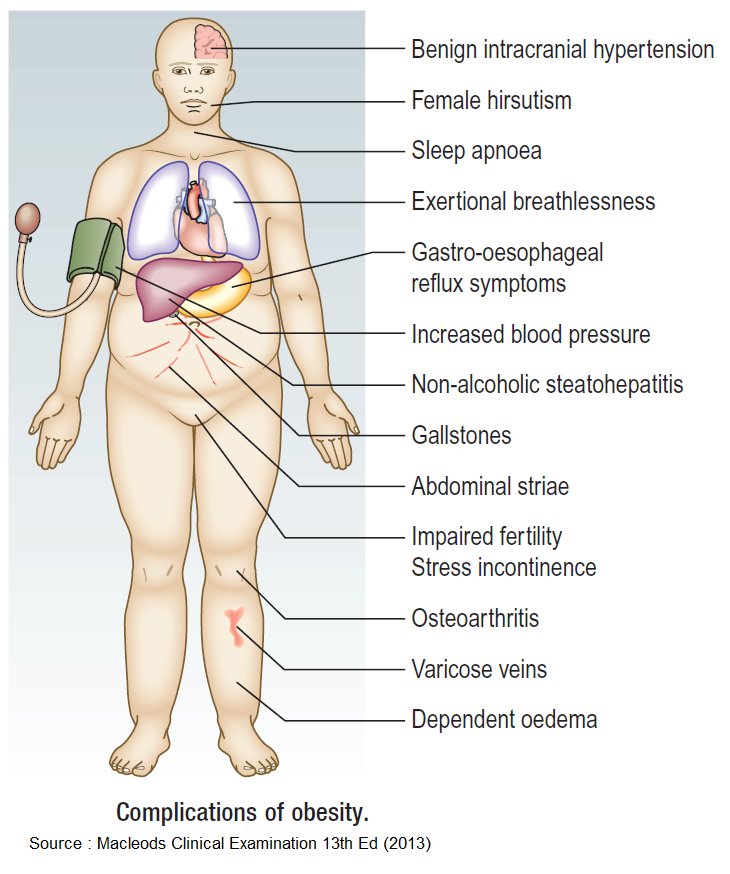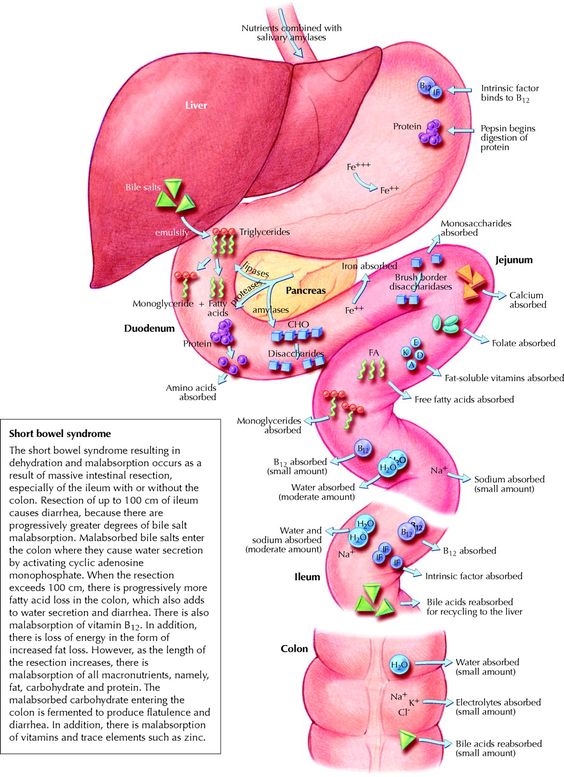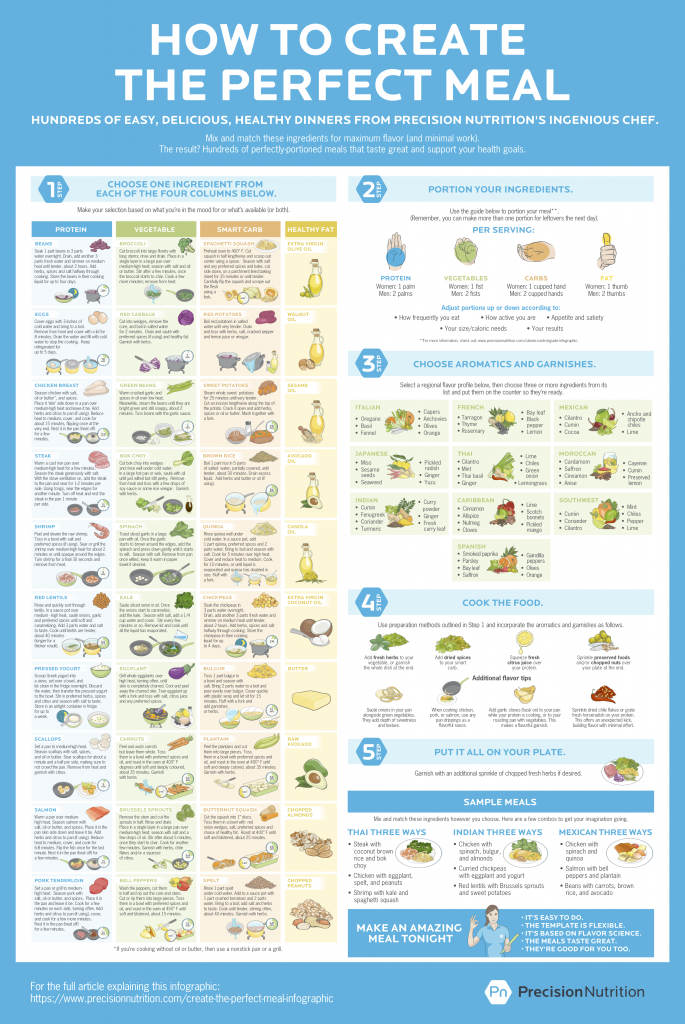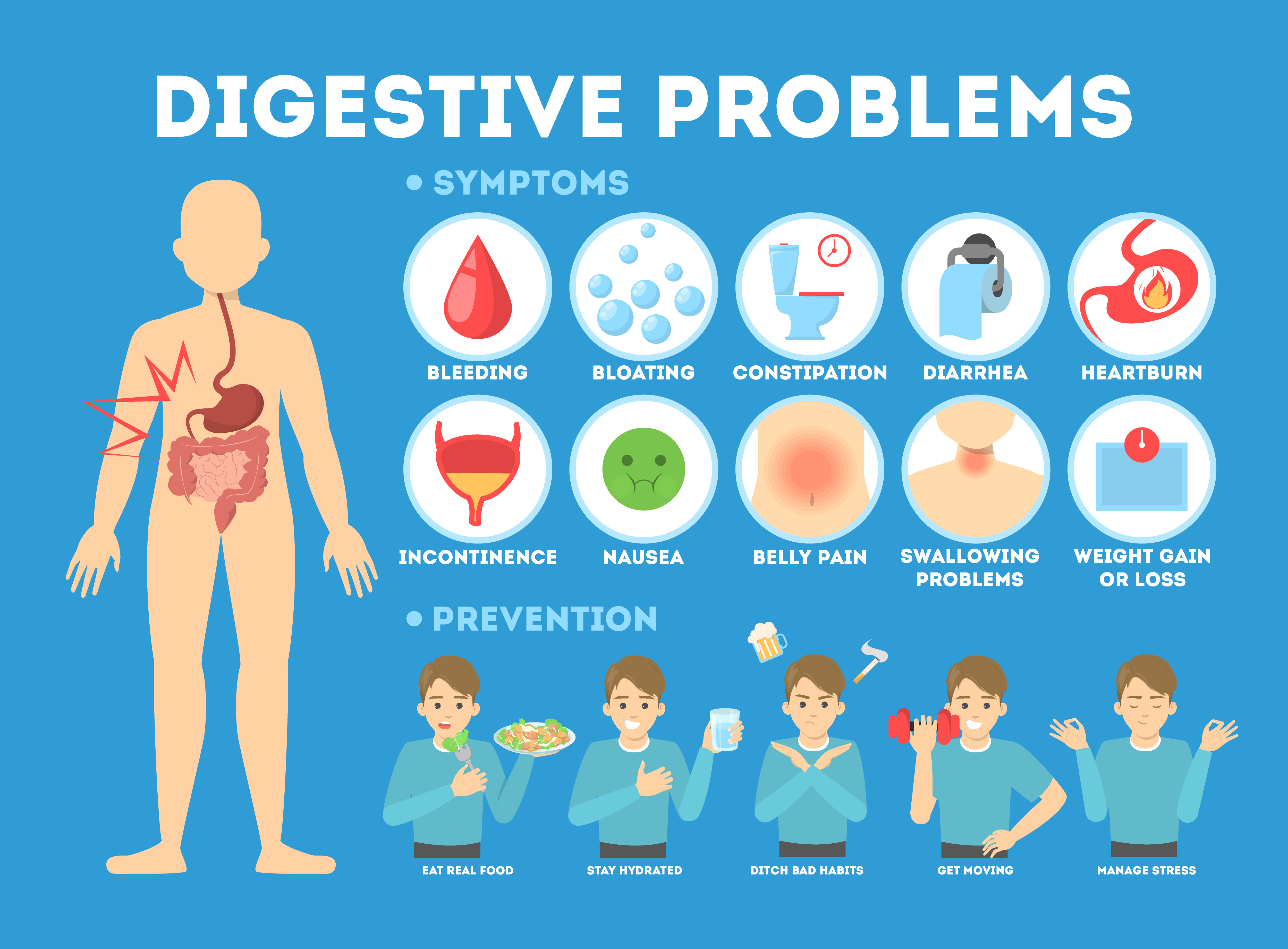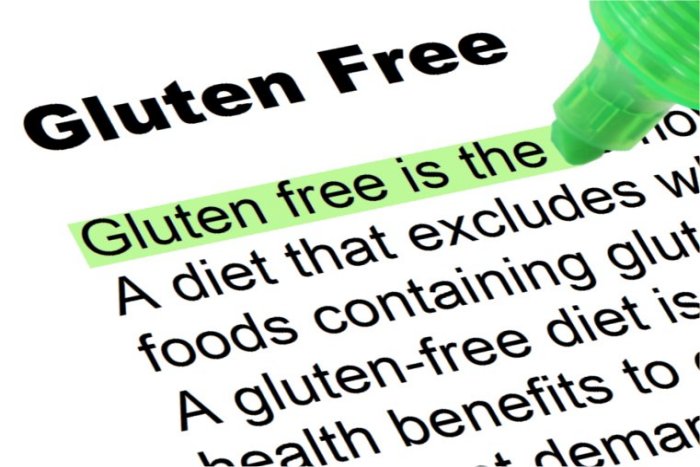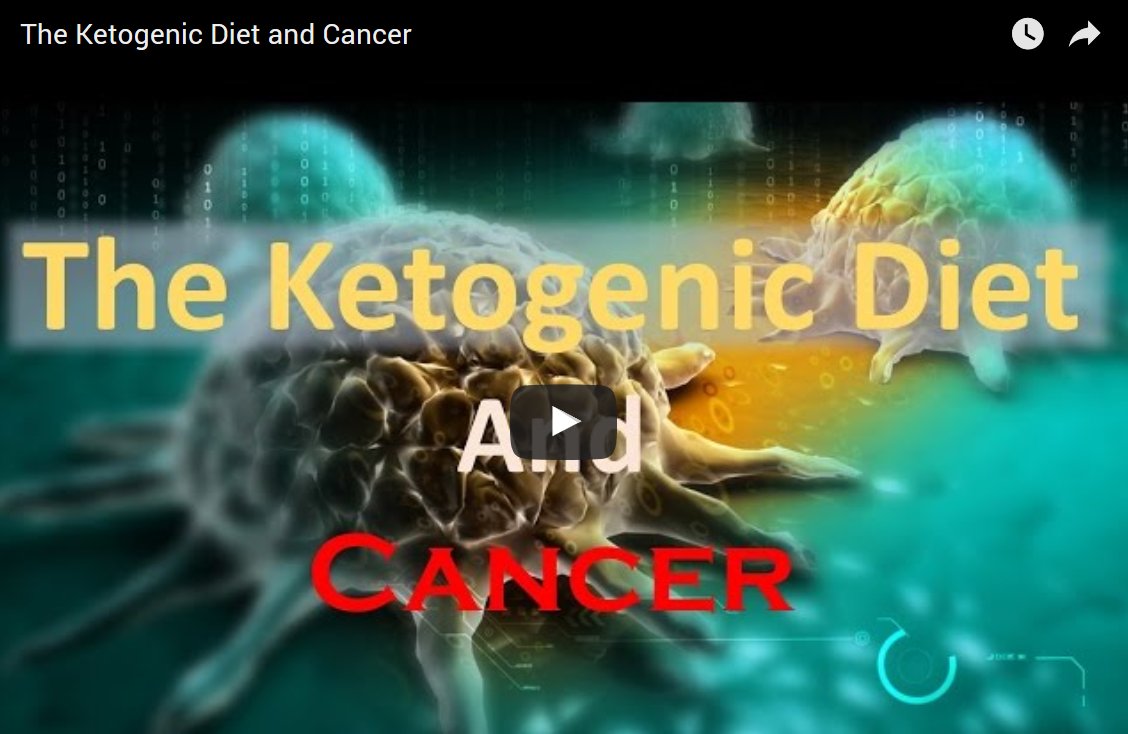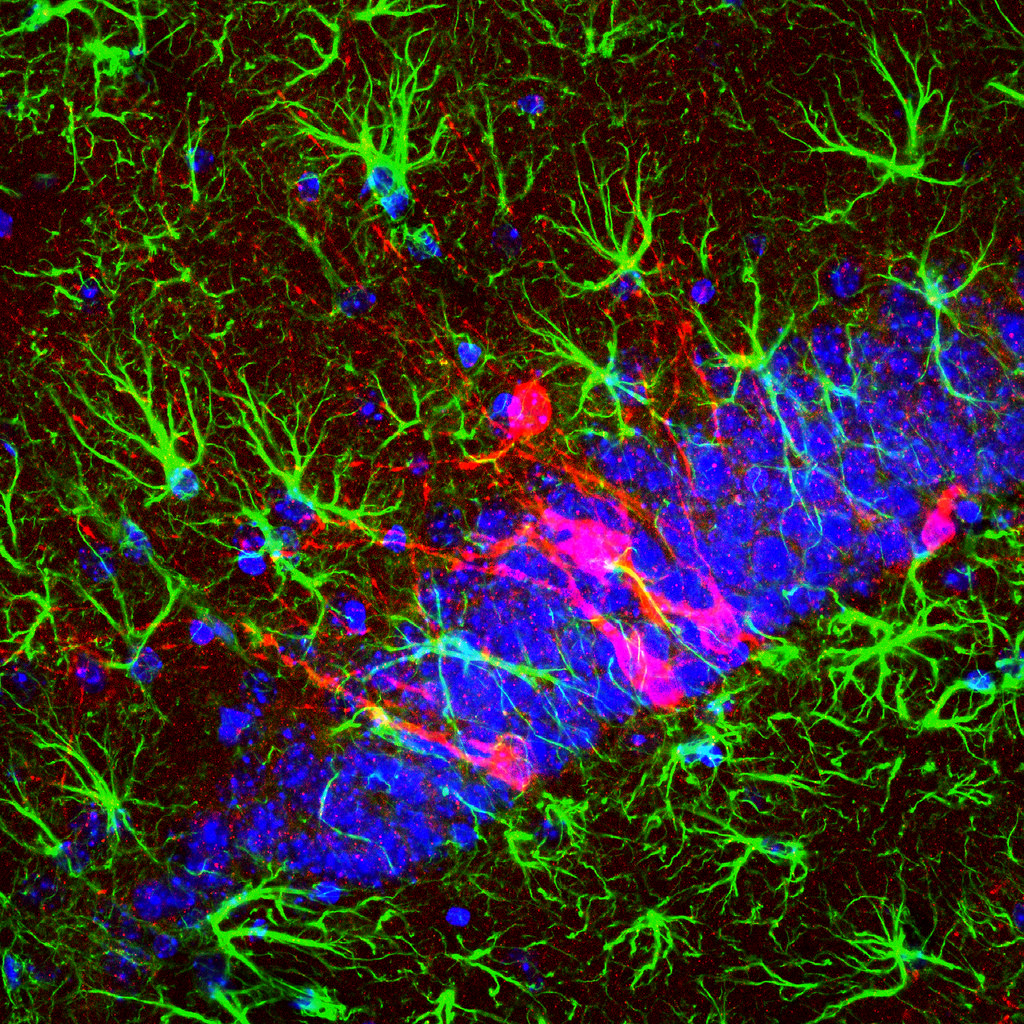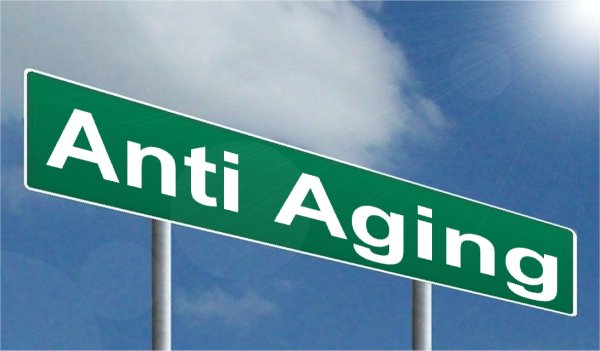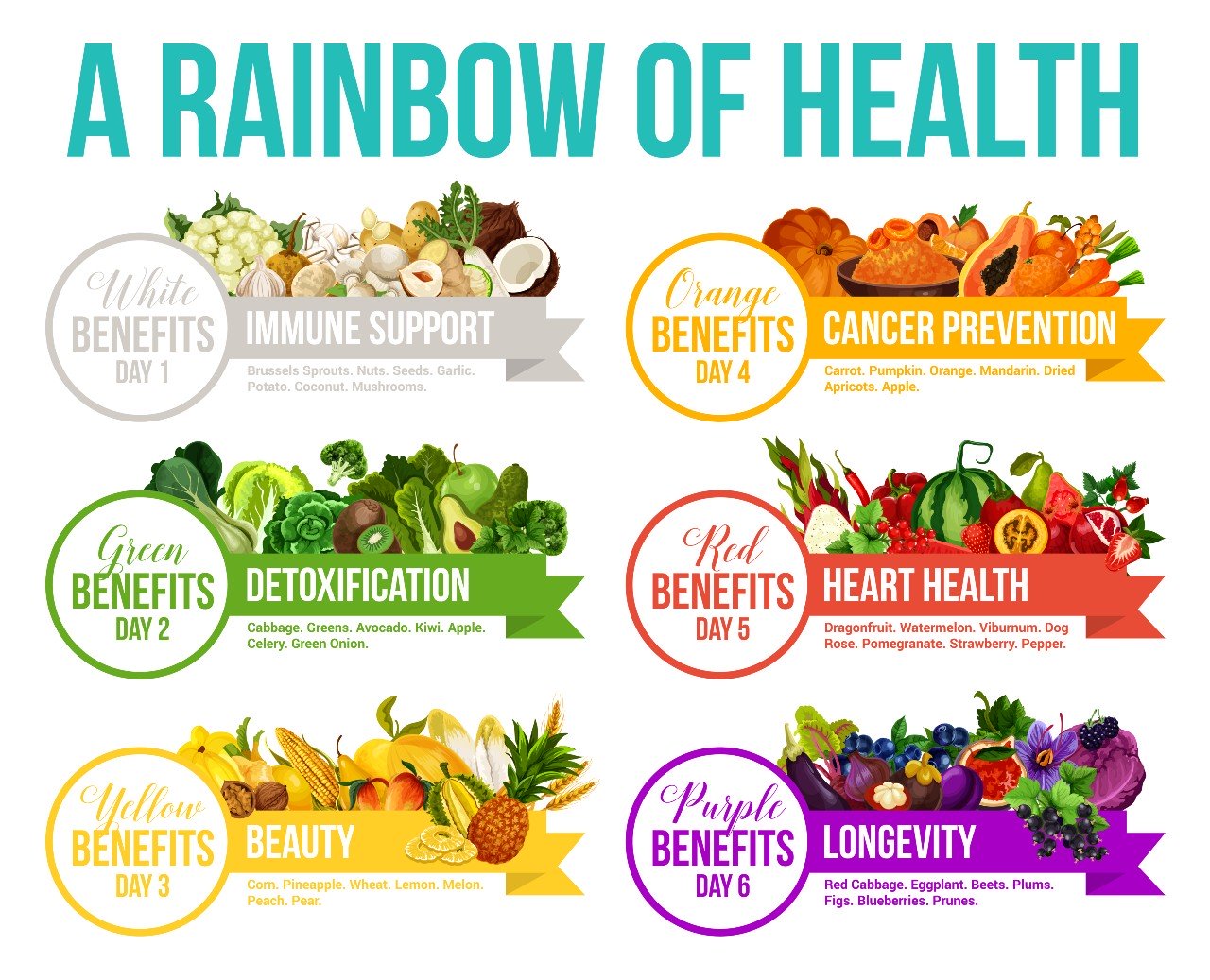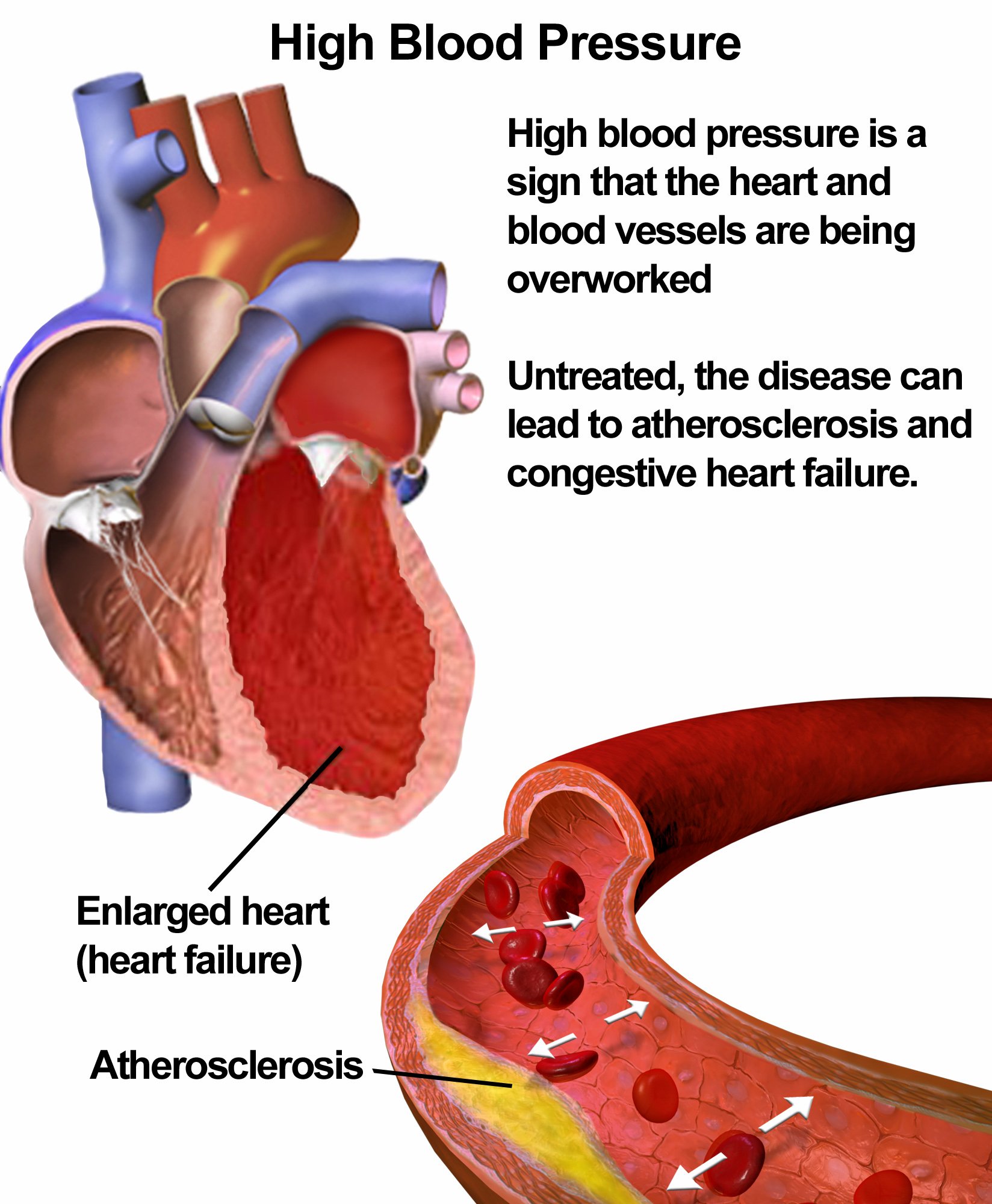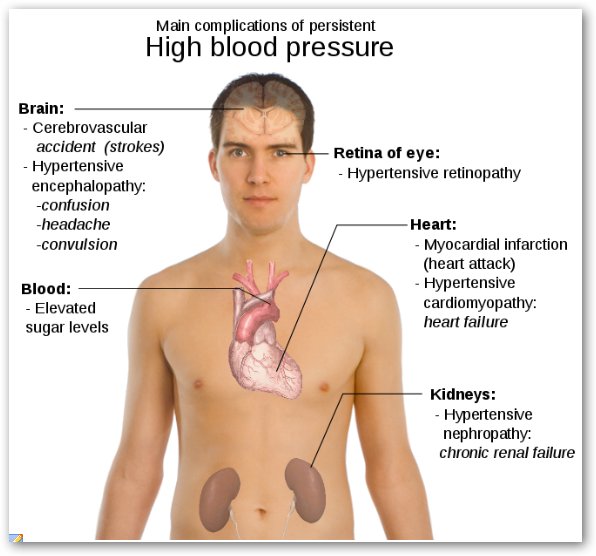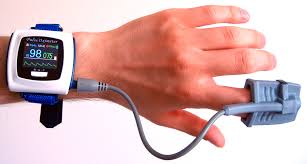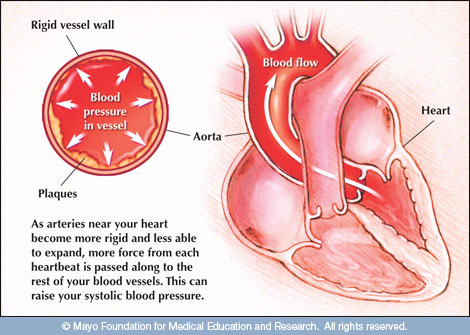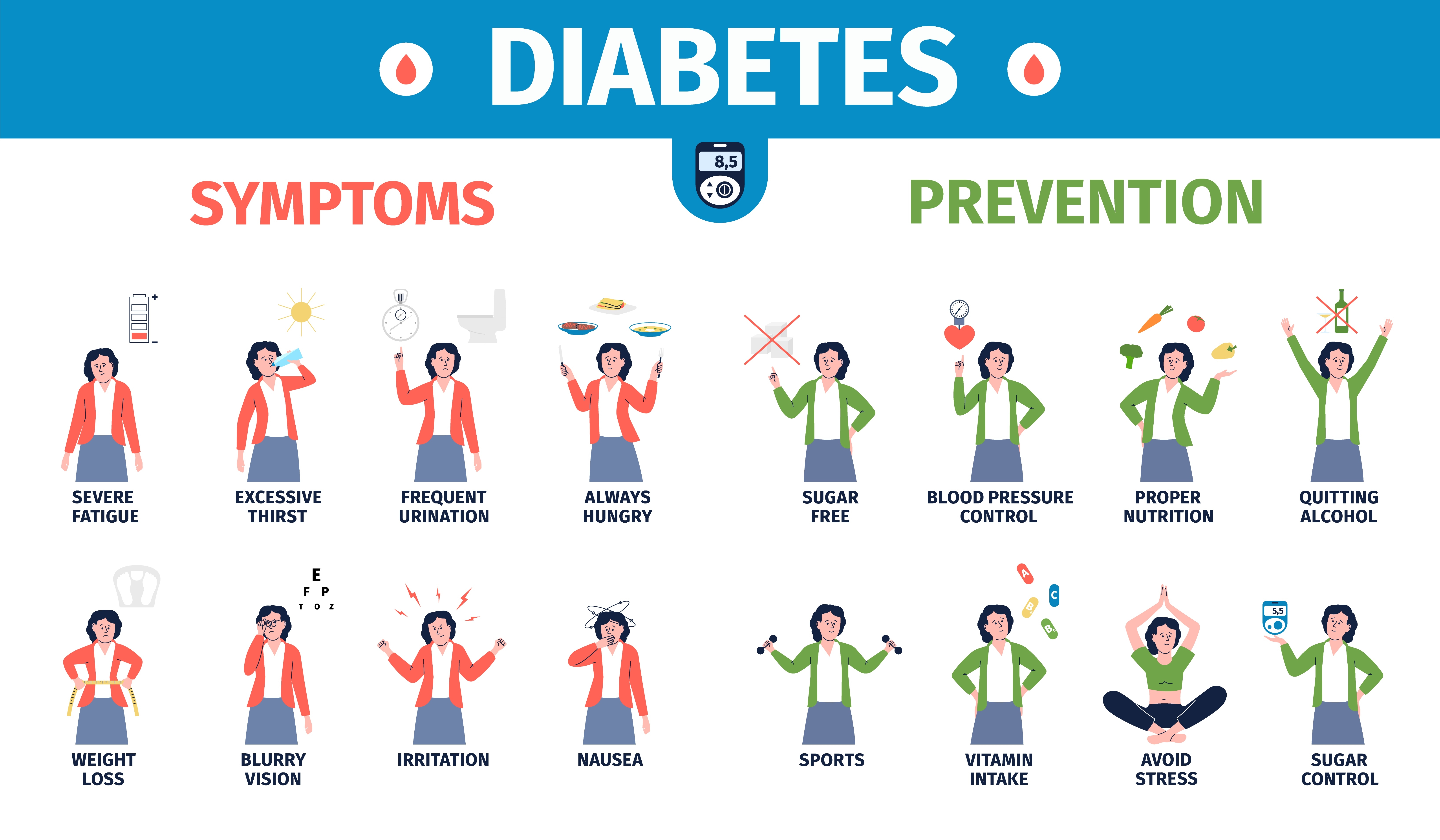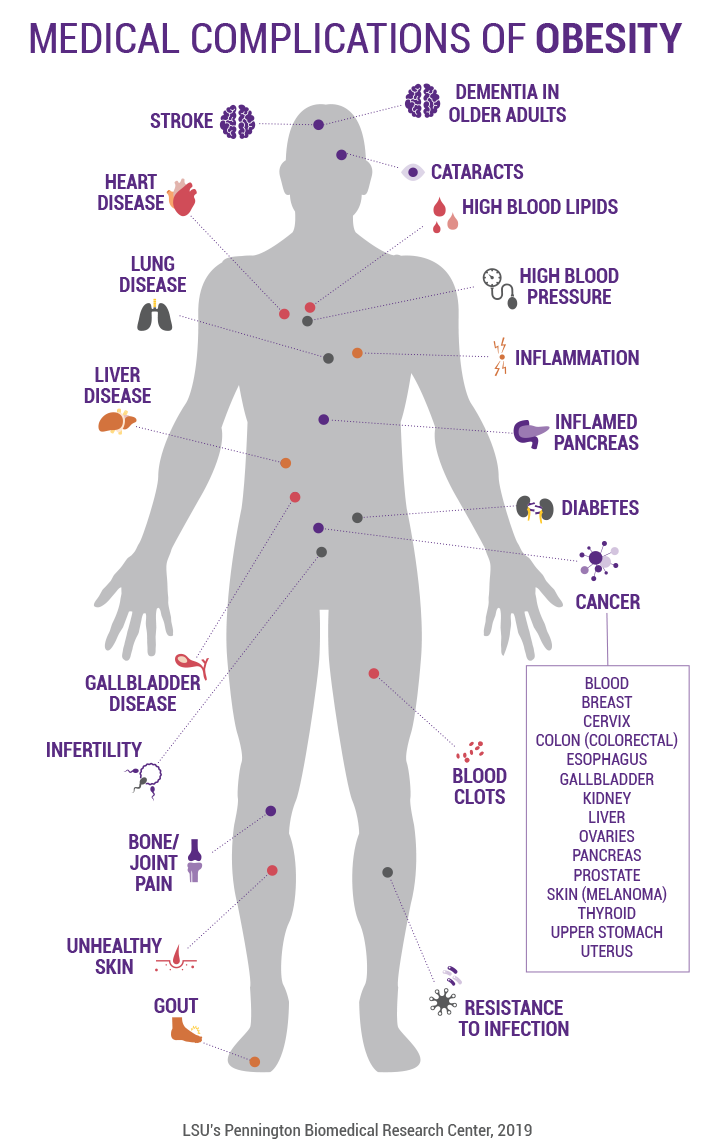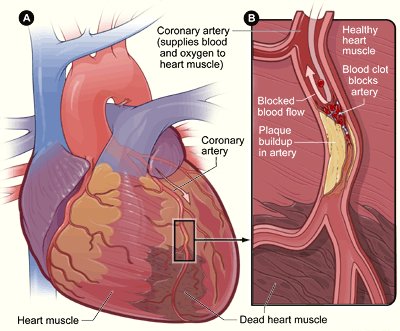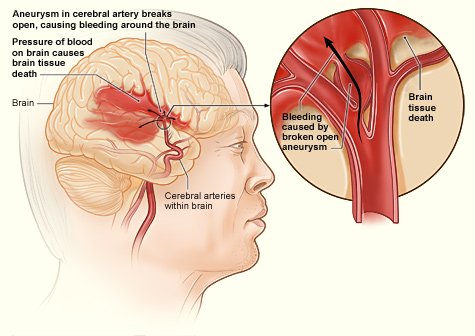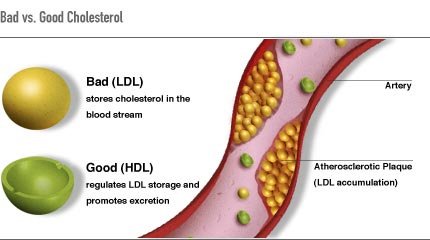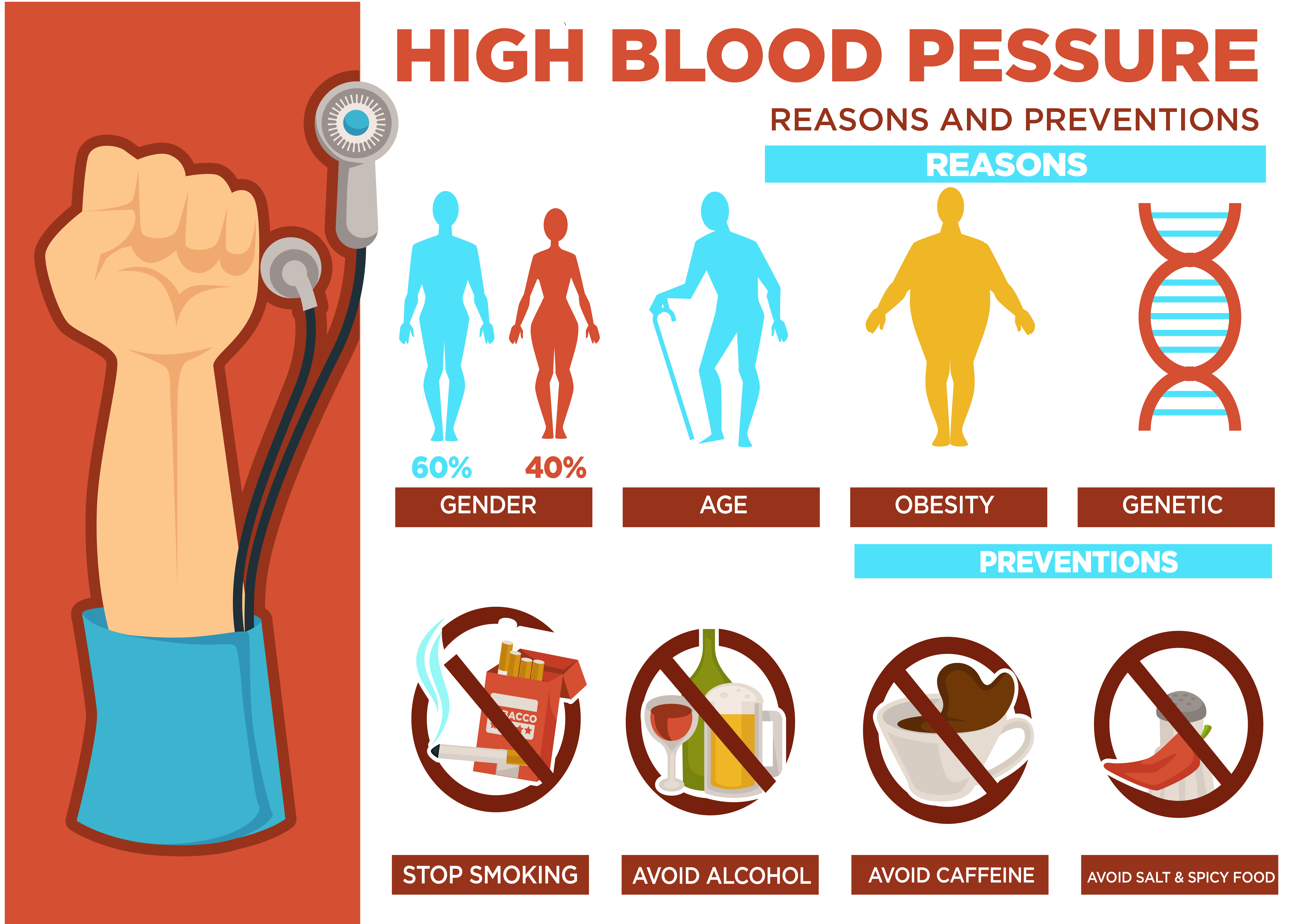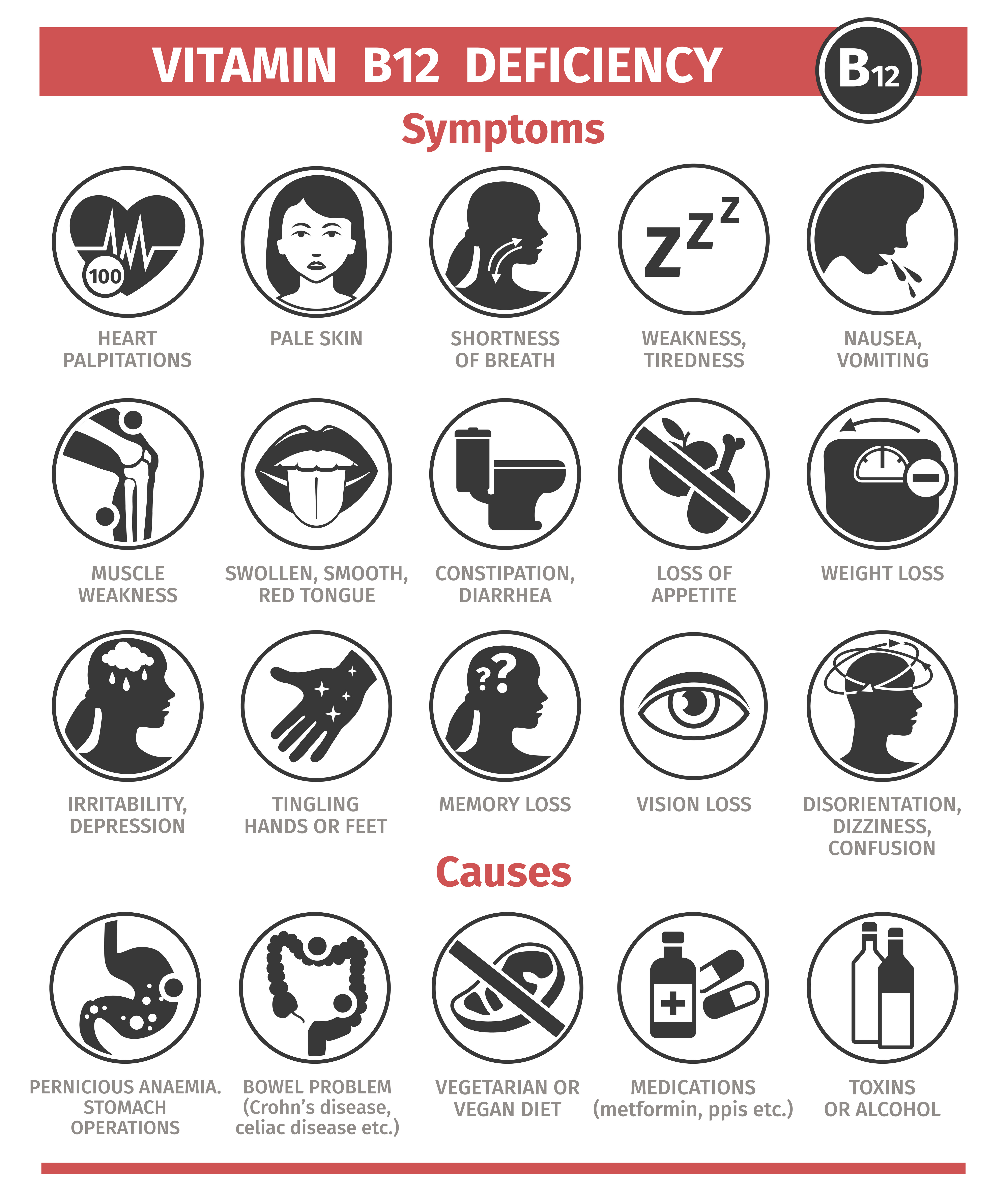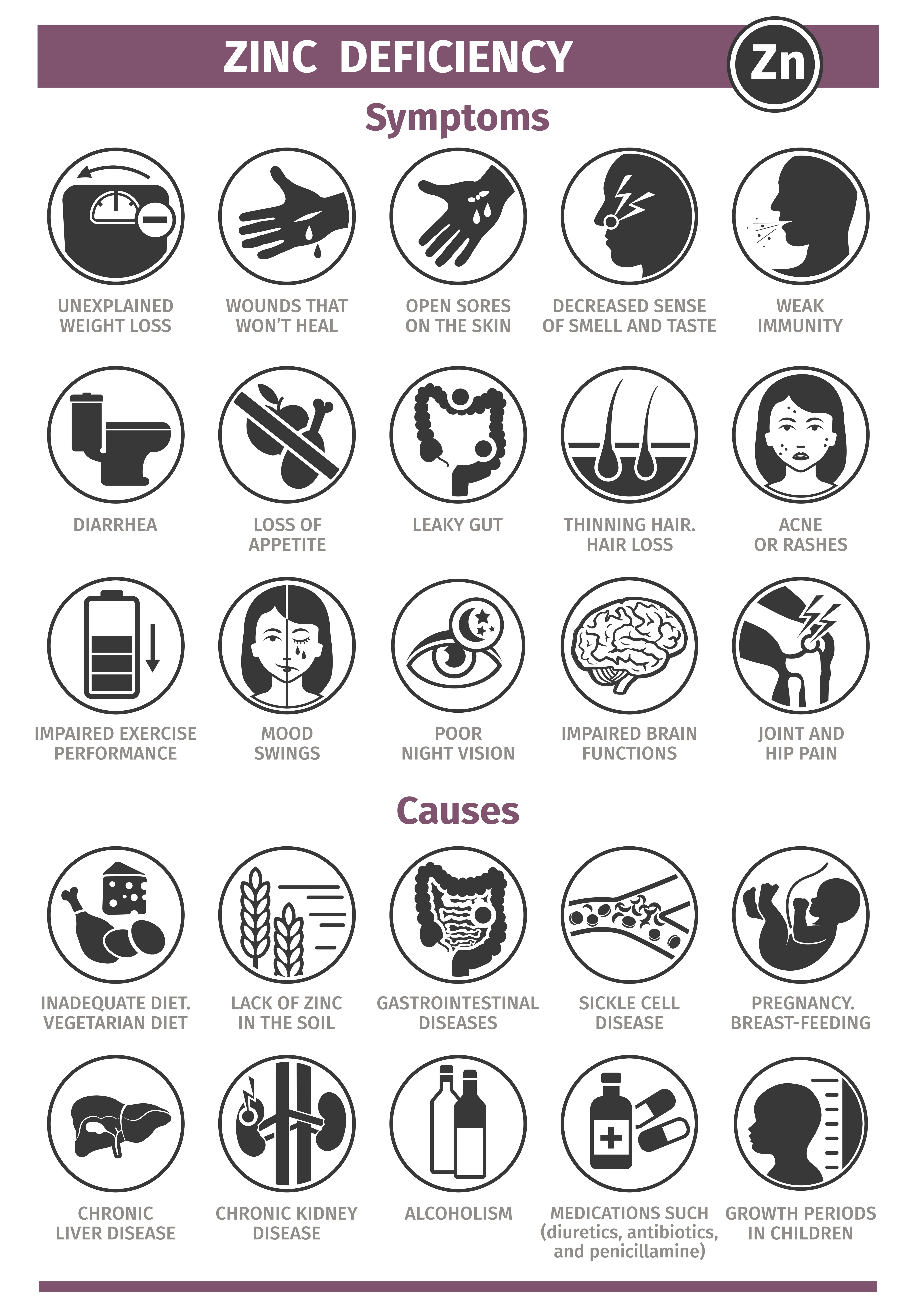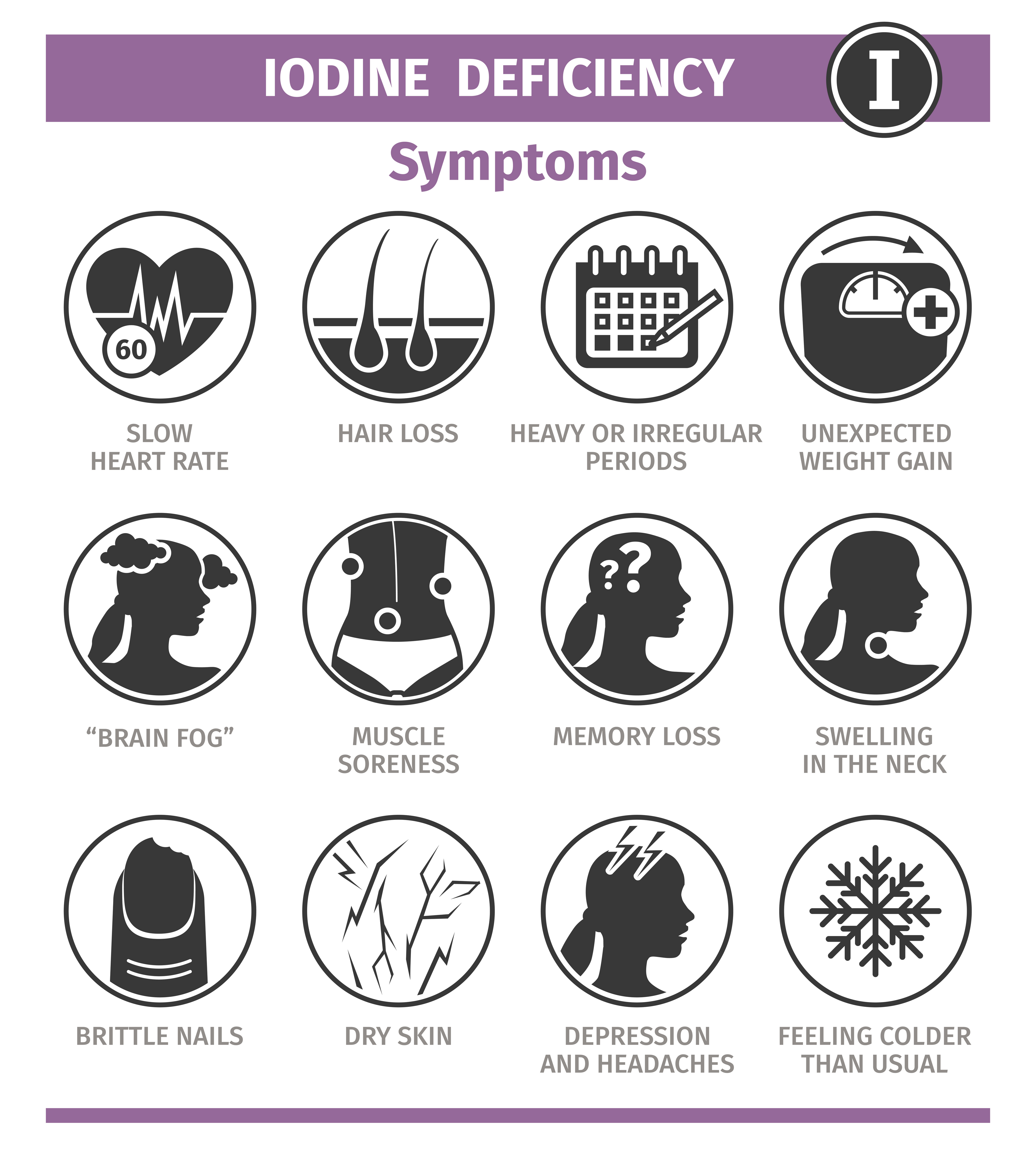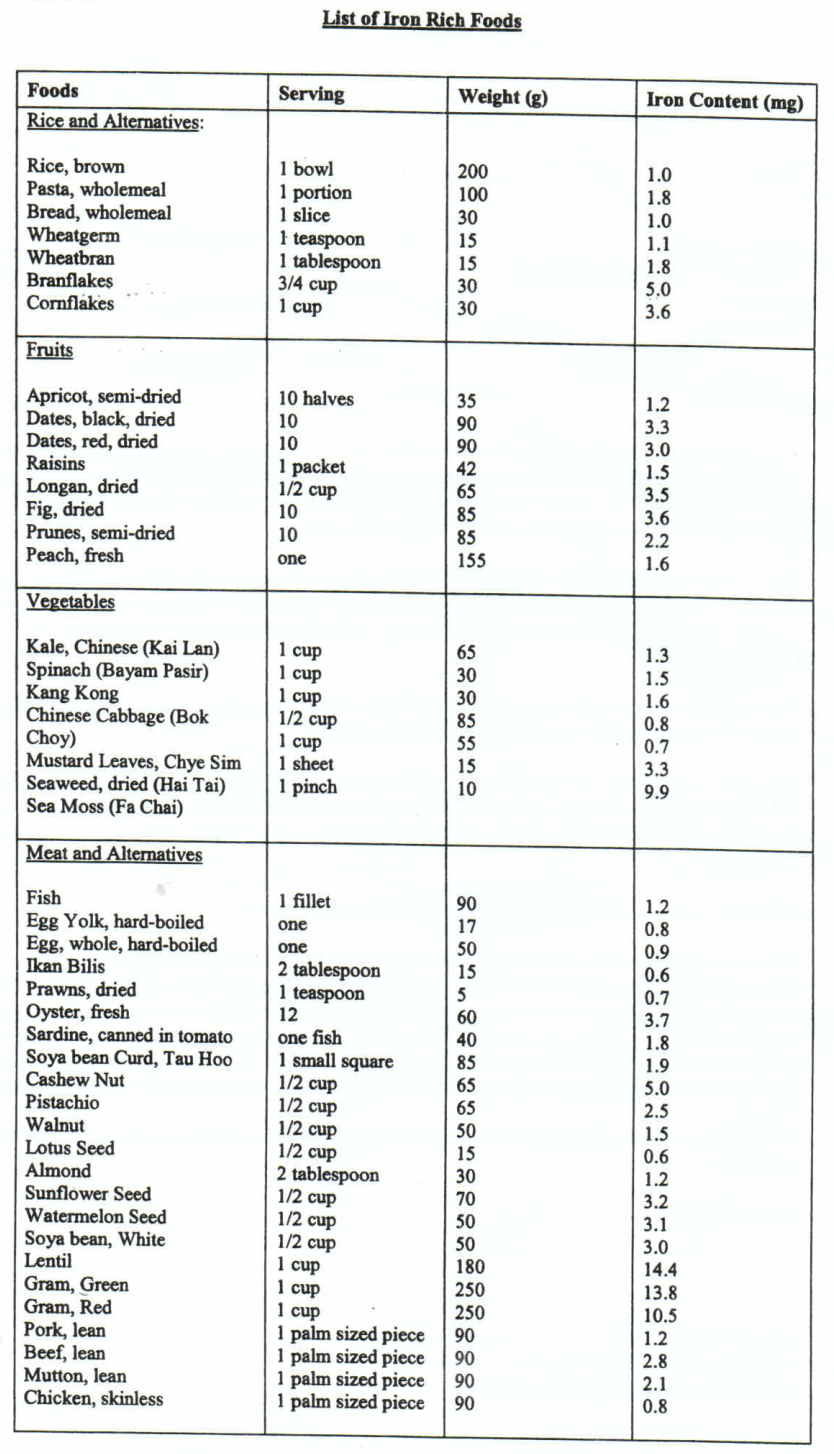Obesity - How to Lose Weight Wisely
肥満 - 賢く体重を減らす方法
WHY BOTHER TO LOSE WEIGHT?
Those who are overweight, whether mildly obese or unattractively fat, have much to gain. You will look and feel so much better- your self- esteem will return. It will reduce your risks of heart disease, stroke, diabetes, cancer, gall bladder trouble, hiatus, hernia, high blood pressure and arthritis, especially of the hips and the knees. Taking your obesity into old age creates many uncomfortable problems.
Why We Get Fat: And What to Do About It - Gary Taubes | Talks at Google
An eye-opening, myth-shattering examination of what makes us fat, from acclaimed science writer Gary Taubes.
Building
upon this critical work in Good Calories, Bad Calories, Taubes revisits
the urgent question of what's making us fat and how we can change in
this exciting new book. Persuasive, straightforward, and practical, Why
We Get Fat makes Taubess crucial argument newly accessible to a wider
audience.
Taubes reveals the bad nutritional science of the last
century, none more damaging or misguided than the calories-in,
calories-out model of why we get fat, and the good science that has been
ignored, especially regarding insulins regulation of our fat tissue. He
also answers the most persistent questions: Why are some people thin
and others fat? What roles do exercise and genetics play in our weight?
What foods should we eat, and what foods should we avoid?
Packed
with essential information and concluding with an easy-to-follow diet,
Why We Get Fat is an invaluable key in our understanding of an
international epidemic and a guide to what each of us can do about it.
About the Author:
Gary
Taubes is a contributing correspondent for Science magazine, and his
writing has also appeared in The Atlantic, The New York Times Magazine,
and Esquire. His work has been included in The Best of the Best American
Science Writing (2010), and has received three Science in Society
Journalism Awards from the National Association of Science Writers, the
only print journalist so recognized. He is currently a Robert Wood
Johnson Foundation Investigator in Health Policy Research at the
University of California, Berkeley School of Public Health.
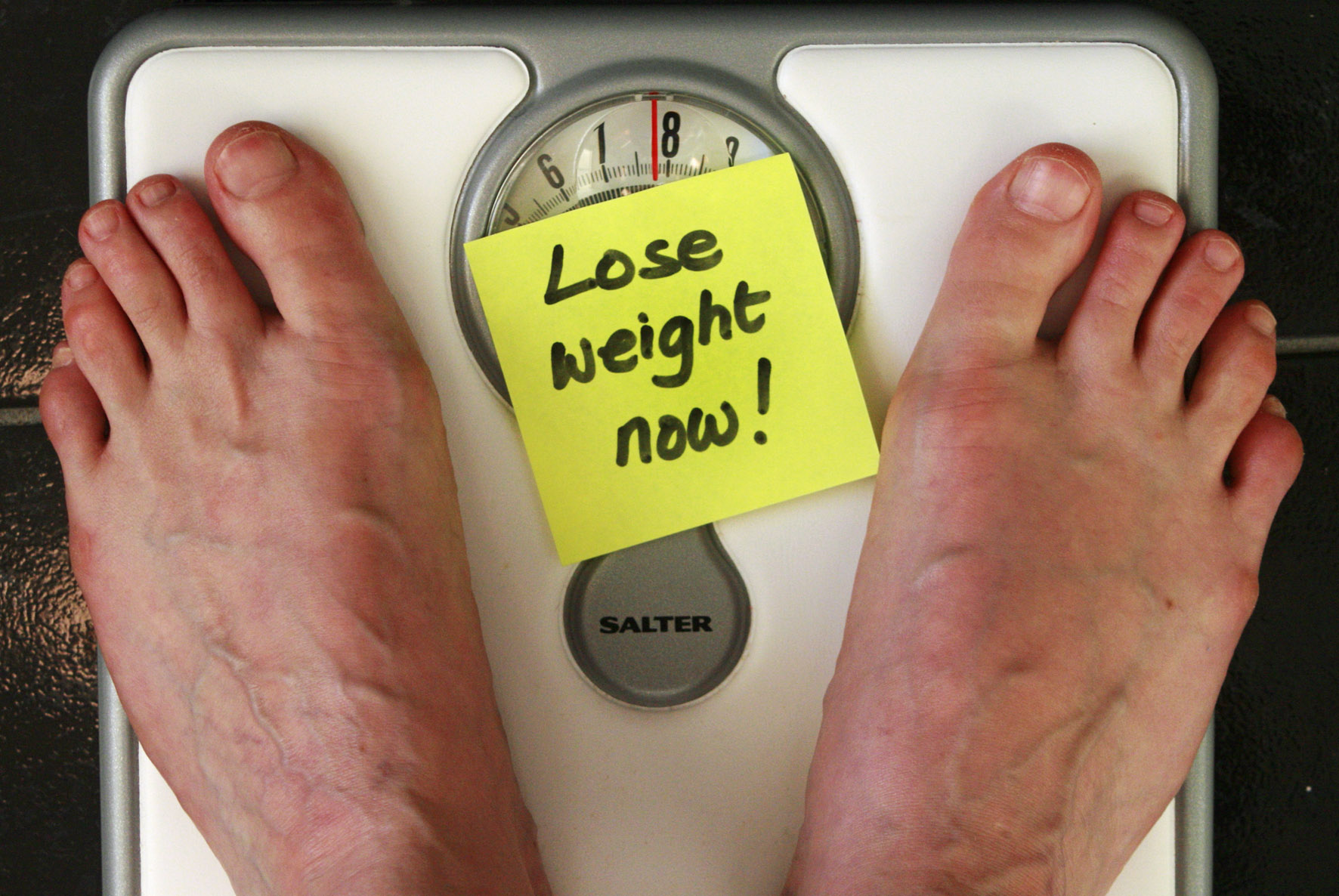 |
THE 2 KEYS TO SUCCESS 1.
EAT LESS FATTENING FOOD (CARBOHYDRATES)
2. BURN OFF THE CALORIES WITH EXERCISE
IF WE EAT MORE THAN WE BURN, WE GET FAT. |
FATTENING FOODS
It is essential to cut down on high- calorie foods. These include:
- Alcohol (eg Beer)
- Carbohydrates e.g. sugar, cakes, soft cakes, sweets, biscuits, bread, pasta, cereals, sweet drinks
- Any food or drinks with sugar
A good rule is to avoid ‘white food'- those containing lots of refined sugar or flour. Instead go for complex carbohydrates- Green vegetables, nuts & beans.
PHYSICAL ACTIVITY
- A brisk walk for 20- 30 minutes each day is the most practical exercise
- Other activities, such as tennis, swimming, golf and cycling, are a bonus
A PLAN THAT WORKS!
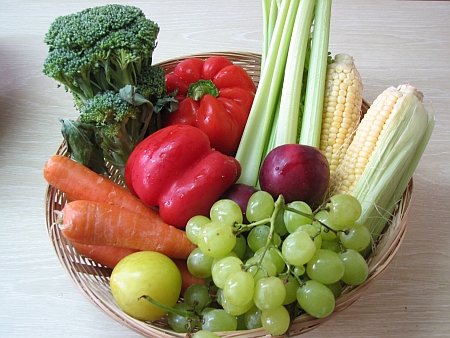
BREAKFAST
- Eggs (Omelette, Hard-boiled, soft-boiled, Poached etc)
MORNING AND AFTERNOON TEA, MIDDAY & EVENING MEALS
- Meat (Beef, Pork etc), Poultry & Fish
- Milk & Eggs
- Cooking with Saturated fats eg Coconut oil etc
- Leafy green vegetables
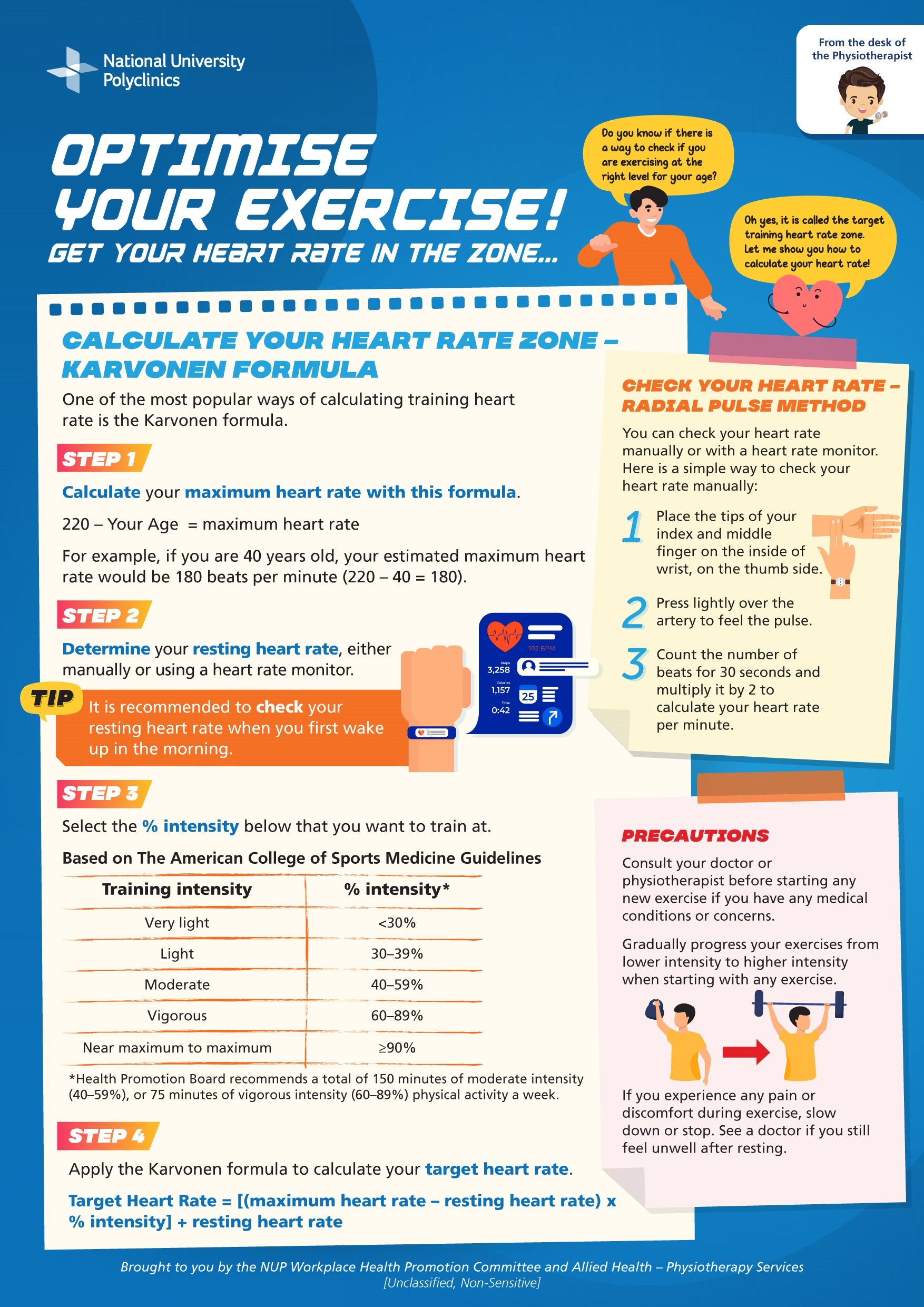
WEIGHT LOSING TIPS
- Have sensible goals: do not crash diet, but have a 3-6 month plan to achieve your ideal weight
- Go for natural foods; avoid junk foods
- Avoid alcohol, sugary soft drinks and high-calorie fruit juices
- Strict dieting without exercise fails
- If you are mildly overweight, eat 1/3 less than you usually do
- Do not eat Carbohydrates like biscuits, cakes, buns etc.
between meals, preferably not at all
- A small treat once a week may add variety
- Avoid seconds and do not eat leftovers
- Eat slowly- spin out your meal
- Avoid medicines that claim to remove weight
Gastrointestinal Tract Absorption of Nutrients
How a Gluten-free Diet can Improve your Chronic Illnesses
Healthy Diets for Optimal Health
|
Hypertension Symptoms & Treatment, Blood Pressure monitoring, BP Chart
Heart Health - Coronary Heart Disease, Learn what is Angina and Stroke, as well as How to Lower Cholesterol
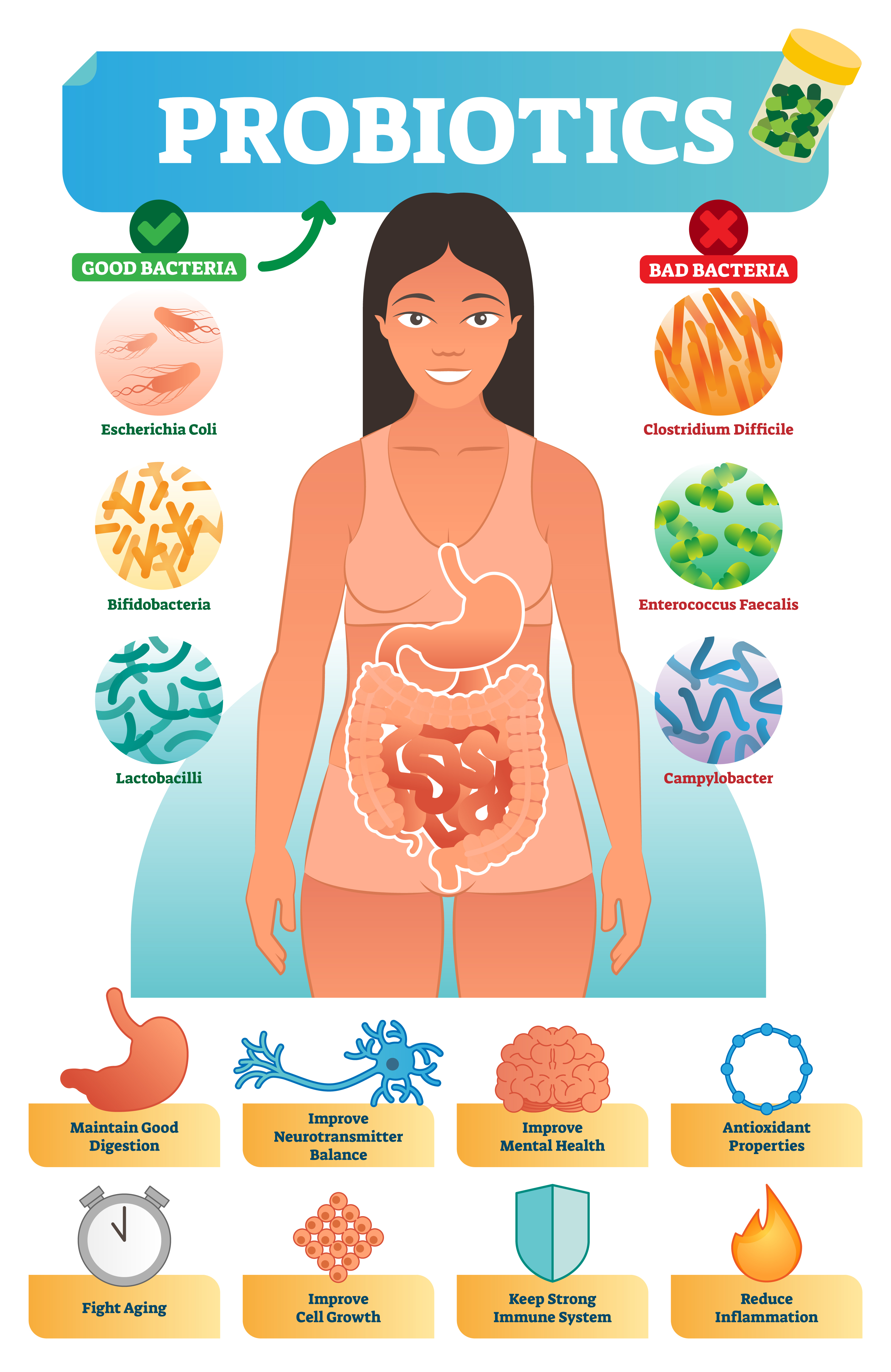
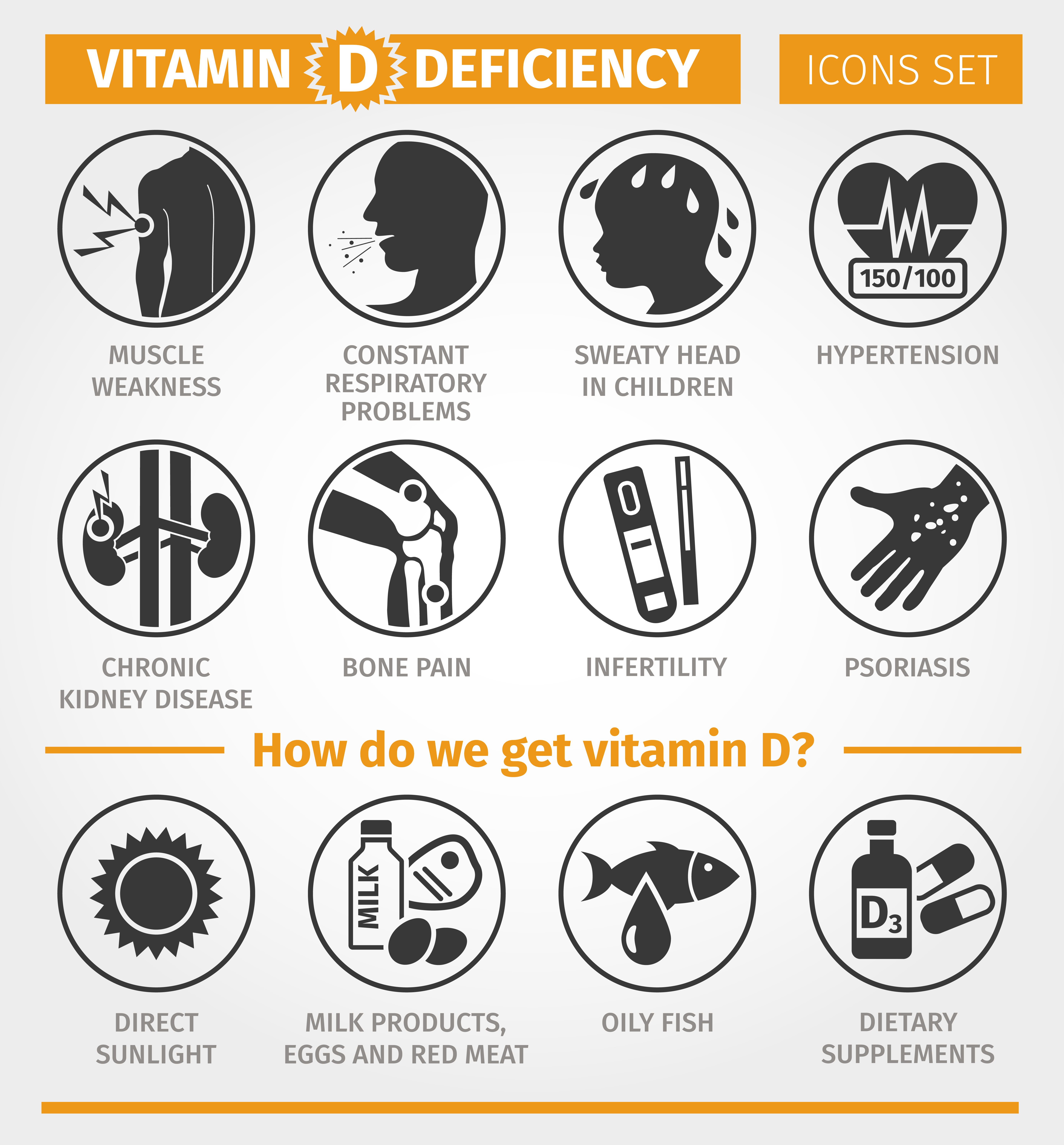
The information provided in this website is for knowledge purposes only. It does not constitute medical advice.
Should you encounter any medical problem that you are unsure of, always consult your doctor or health care provider for assistance and medical advice.
